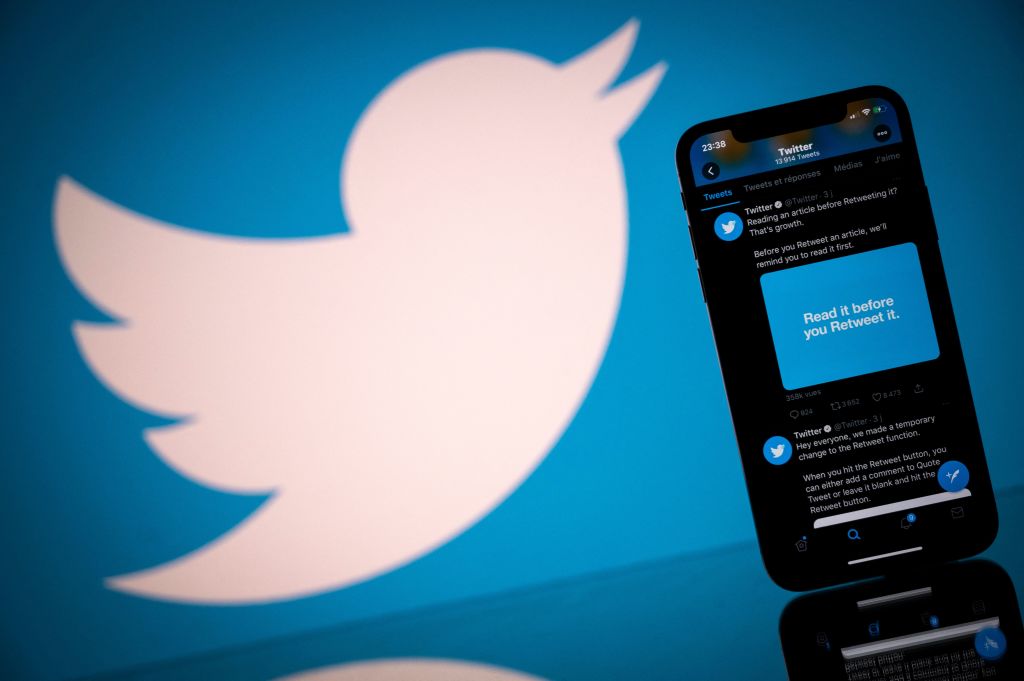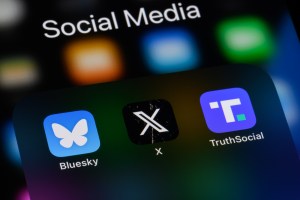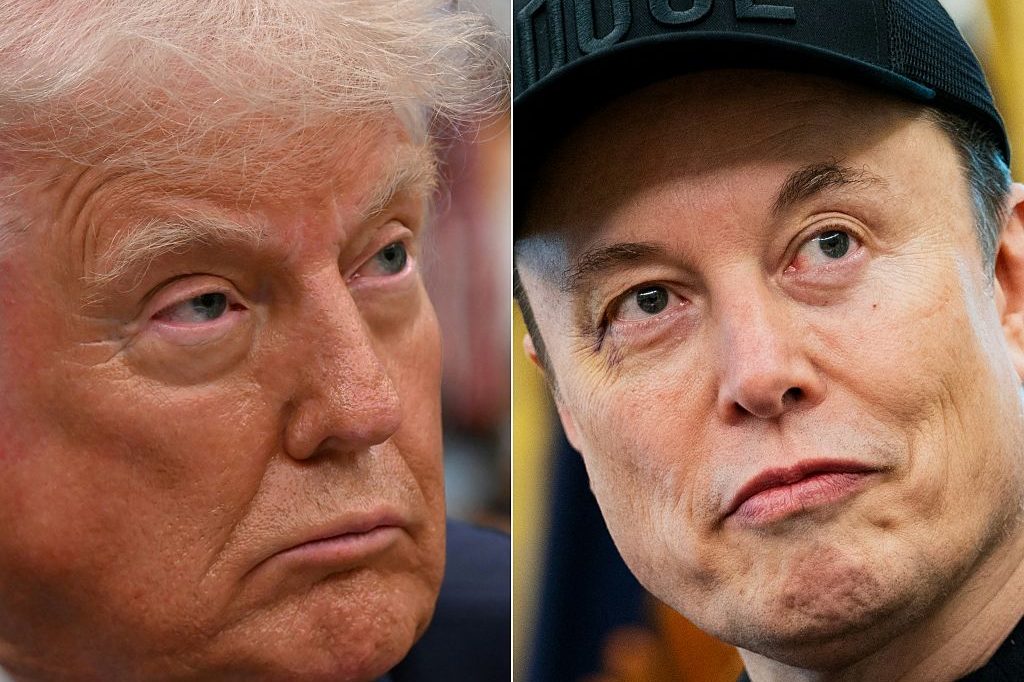The primary feeling is a sense of dread. The oily scent of torches set aflame is in your nostrils, and the glint of pitchforks in moonlight appears on the horizon. You have, either accidentally or intentionally, said something that aroused the anger of a mob. Those of your friends who enjoy a good scrum send you laughing messages; those who are born afraid of such things ask quietly if you are all right. Your name is trending nationally and, amid it all, you worry it will never end.
This is an experience that too many Americans have had in the era of social media. Ideological trolls cull the postings of those they dislike trying to find the equivalent of a slip of the tongue — an intemperate joke, a poorly worded tweet — that once expressed can be screenshot and shared repeatedly, paired with demands for consequences and tagged at employers present and future. The mob clamors for disavowal. Yet their aim is not apology and forgiveness for a minor sin, but destruction and banishment from the public square. The trolls pretend they want better behavior, but their desire is for blood.
It’s easy to understand this pressure when it is targeted at the prominent. Protests outside the homes of Supreme Court justices, or harassment of conservative politicians who dine out, are crass and embarrassing, but on some level dismissible as the price of their service. This is the business they’ve chosen, after all. The expectations placed on our politicians, celebrities, media pundits, leaders of industry and the absurdly long list of “public figures” in an age of Instagram influencers and YouTube stars are naturally greater than those on the private individual — if one still exists.
When author and broadcaster C.E.M. Joad was caught without a ticket on the train from Waterloo to Exeter in 1948, his conviction for the minor offense was front page news. It effectively ended his career and drove him into hiding. One could be a popular radio philosopher, attracting all manner of controversy, but could not under any condition be fined £2 for fare dodging.
Today the rules have changed, and they apply to household names and private citizens alike. The standard for cancellation now depends more on the viewpoints expressed than the prominence of the person expressing them. Students lose scholarships over quoting rap lyrics in TikTok posts, and a discussion on a student trip led directly to the resignation last year of Donald McNeil, a prominent pandemic journalist at the New York Times. This year, it took four months of investigation to allow Ilya Shapiro to begin his job at Georgetown University’s Center for the Constitution. The college’s disturbingly-named Office of Institutional Diversity, Equity and Affirmative Action had to first pass judgment on his tweet suggesting President Biden’s decision to limit the race and sex of his Supreme Court choice was wrong — the audacity! When it became clear that the climate was so hostile that he wouldn’t be able to do his job properly, Shapiro resigned.
Such experiences are multiplying thanks in part to the anti-speech inclinations expressed by many Americans. A 2020 survey by the Cato Institute found that 50 percent of “strong liberals” — in an ironic use of the term — supported firing any business executive found to have donated to Donald Trump, while 36 percent of “strong conservatives” supported firing those who donated to Joe Biden. For all the critiques of the term “dark money” for those donors who wish to hide their identities, it is only natural to feel that such secrecy may be justified: when Brendan Eich was appointed CEO of the internet company Mozilla in 2014, his donation of $1,000 to support a proposition opposed to same-sex marriage six years earlier led to his being pushed out of the company. Never mind that the same year both Barack Obama and Hillary Clinton publicly claimed to hold the same position. Eich now runs Brave, a software company focused on privacy.
One disturbing aspect of these developments is that one-time proponents of free speech are jumping ship at exactly the moment when bipartisan support is most needed. The American Civil Liberties Union, once a bastion of free-speech defense, is now more focused on drafting defamatory op-eds for actresses of middling talent. Even its own former leaders decry the ACLU as thoroughly captured by woke leftist authoritarians who seek to use the power of government to silence their political opponents.
My personal experience on this front demonstrates the absurdity of using government power in cancellation efforts. After I tweeted a joke mocking unionization efforts at a liberal media entity, leftist trolls reported me to the National Labor Relations Board, bringing a lawsuit that played out over three years at no small amount of taxpayer expense. Thanks to the efforts of attorneys at the New Civil Liberties Alliance, I won a unanimous victory at the Third Circuit Court of Appeals, which found my joke “as bizarre as it is comical.”
The same might be said of America’s rejection of the Enlightenment values of free speech. In an era when trolls use our divisions to push us toward the pitchforks, the forces of cancellation require confrontation. The laughter comes later.
This article was originally published in The Spectator’s July 2022 World edition.

























